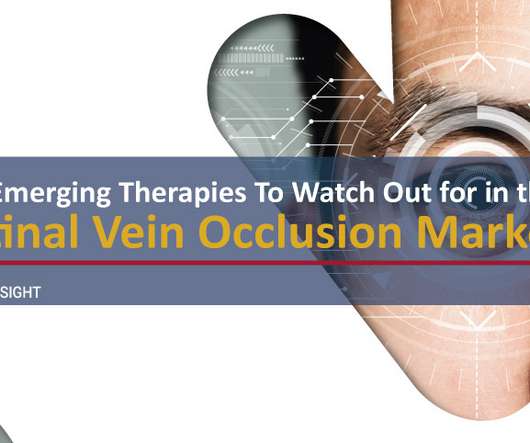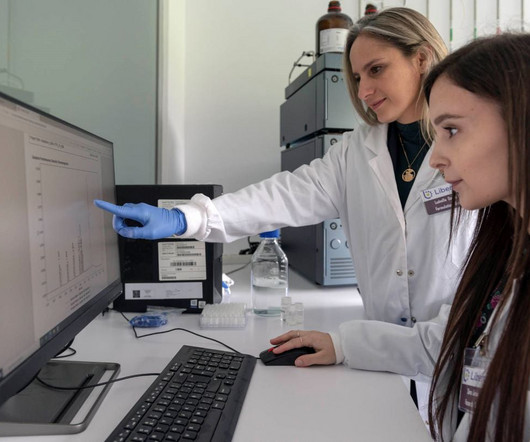Genentech’s New Ocular Implant Drug Delivery System for Macular Degeneration Could Be a Game Changer
XTalks
OCTOBER 27, 2021
Genentech’s ocular implant drug delivery system for treatment of macular degeneration has received approval from the US Food and Drug Administration (FDA). Susvimo delivers ranibizumab via a port delivery system into a surgically placed implant in the eye, allowing for continuous delivery of the drug.













Let's personalize your content